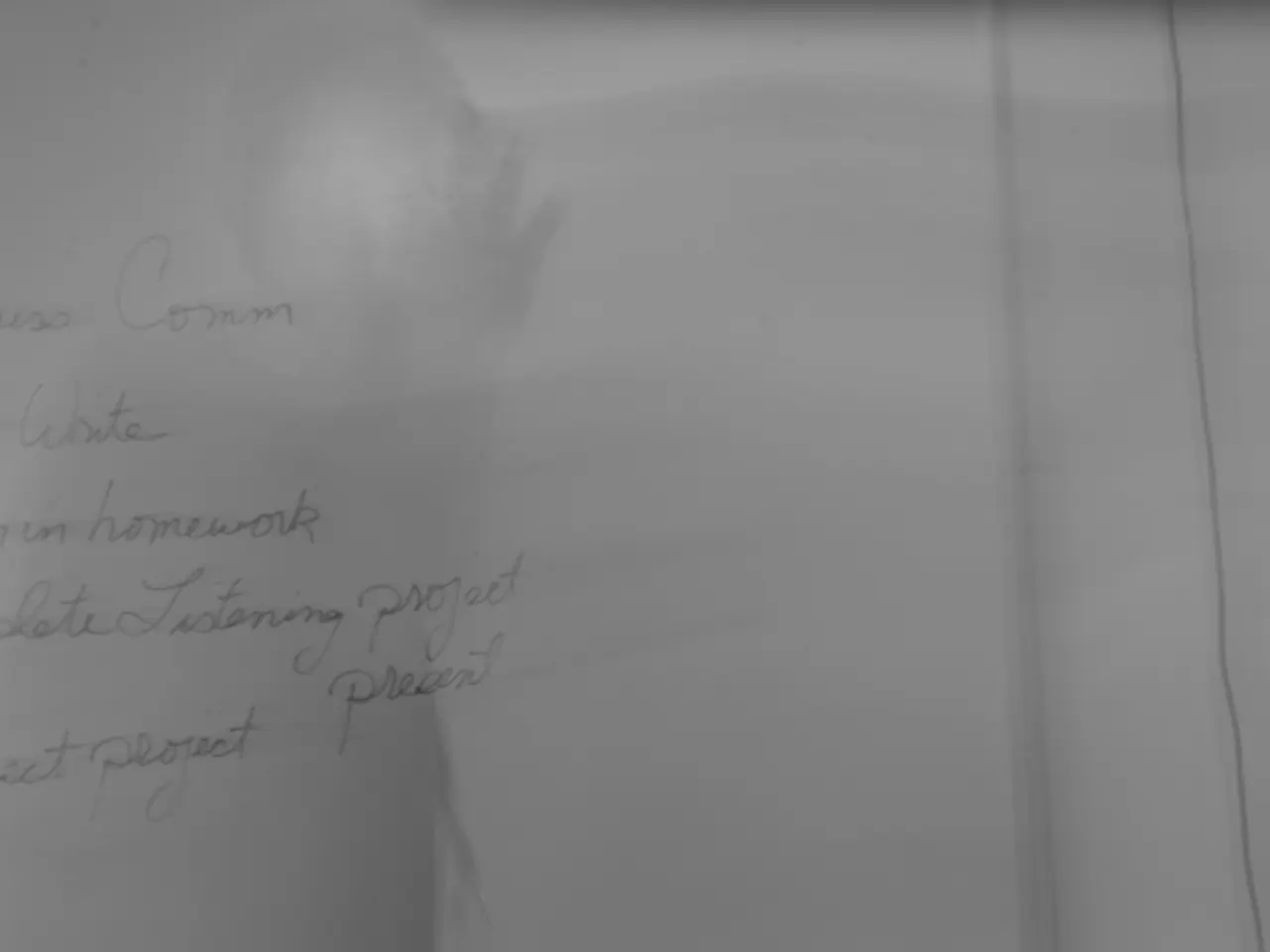Uncovered Fraud: Dutch Court Annuls €62.9m Rodeo Software Agreement
In a landmark ruling on 11th June 2025, the Amsterdam District Court annulled a share purchase agreement involving Rodeo Software, a tech company based in the Netherlands. The annulment, due to fraudulent activities by the founder, serves as a stark reminder of the importance of thorough due diligence in mergers and acquisitions (M&A).
The case underscores the necessity for investors to verify the authenticity of financial statements and contracts, and to assess the credibility of the parties involved. In this instance, the founder presented a fictitious contract with Alphabet (Google) to enhance the company's perceived value. Furthermore, the financial documents, including annual accounts and bank statements, provided by the founder were found to be falsified.
The claimed Annual Recurring Revenue (ARR) for 2024 was €56.9 million, but the actual ARR was only €250,000. This significant discrepancy highlights the importance of verifying the accuracy of ARR figures when evaluating subscription-based business models.
The discovery of the fictitious contract was a critical factor in the court's decision to annul the SPA. The court found that the founder's actions constituted fraud, and the buyer's consent to the agreement was obtained through deceptive means. The buyer is entitled to a refund of €62.9 million, including the purchase price and additional costs incurred due to the fraudulent transaction.
Cases of fraudulent activities during M&A are not uncommon and can involve sophisticated schemes such as the use of synthetic data or misrepresentation of key assets. To minimise the risk of fraud in M&A, investors should adopt several key steps.
Firstly, thorough due diligence is essential. This includes comprehensive verification of financial statements, assets, and representations made by the target company. Secondly, third-party vetting and background checks should be implemented on all associated persons and entities involved in the transaction. Thirdly, fraud prevention policies should be established, promoting a culture of transparency and fraud prevention throughout the transaction process. Lastly, ongoing monitoring of financial controls and fraud prevention measures post-transaction is crucial.
The ruling serves as a cautionary tale for investors and legal professionals, emphasising the necessity of vigilance and thorough scrutiny in investment activities. It underscores the need for personal accountability in corporate governance, including maintaining transparency, avoiding conflicts of interest, acting in the best interests of the company, and exercising independent judgment. The annulment of the SPA was sent as a shockwave through the investment community, underscoring the critical importance of conducting thorough due diligence before entering into any investment.
In light of the annulment, investors must take extra precautions when verifying financial statements and contracts, particularly in subscription-based business models where Annual Recurring Revenue (ARR) figures need to be accurately assessed. Thorough due diligence, including third-party vetting and assessing the credibility of parties involved, is crucial to minimize the risk of fraud in business transactions.




